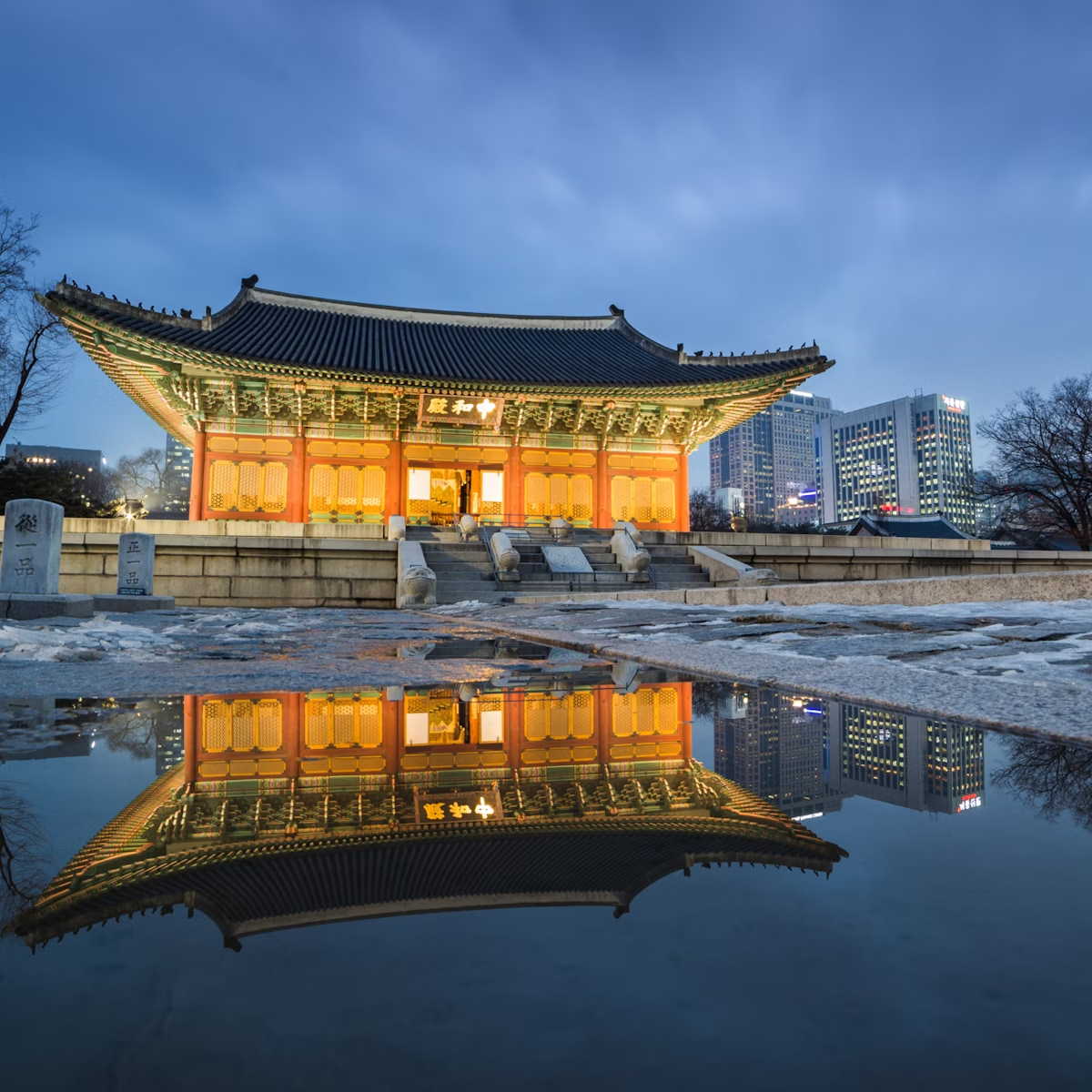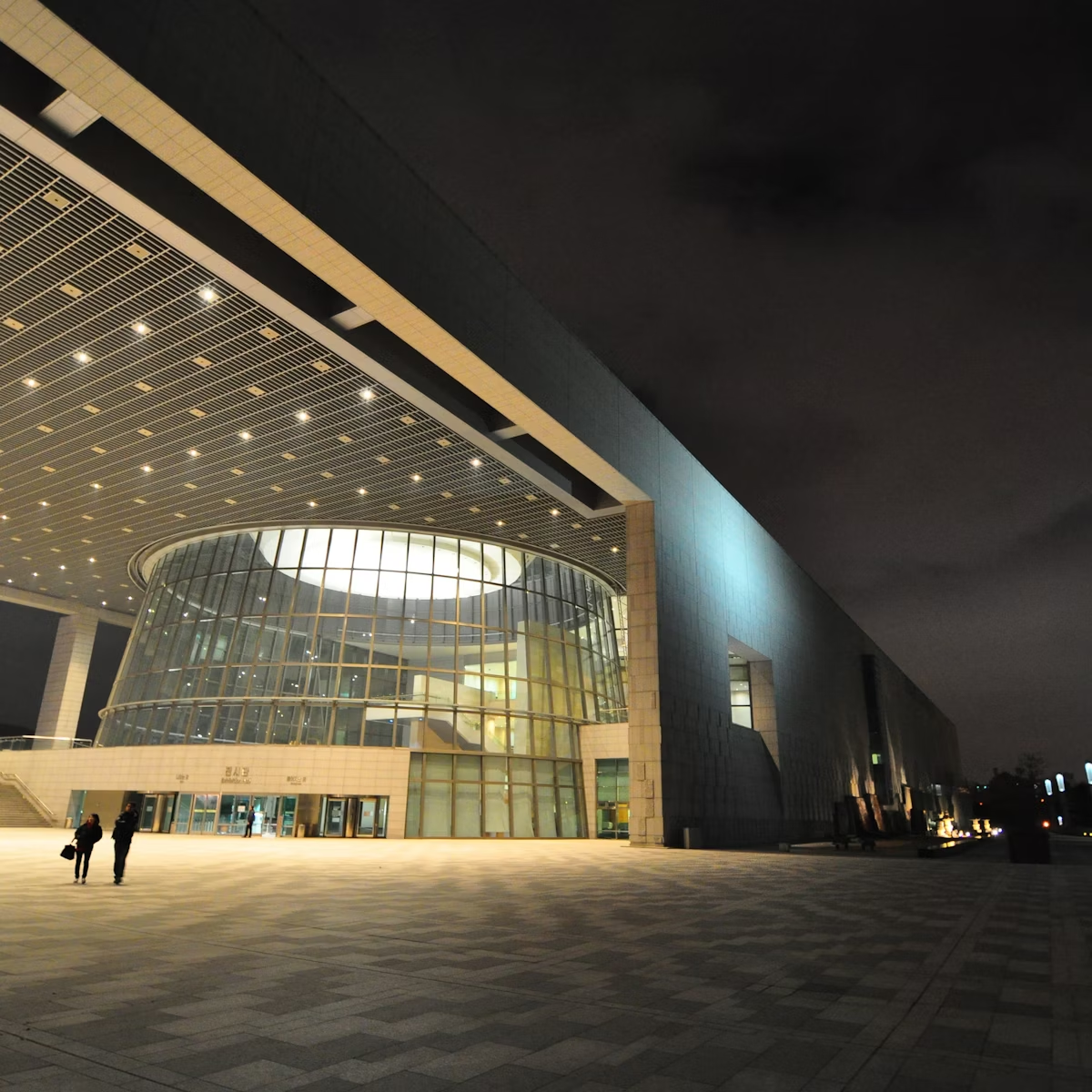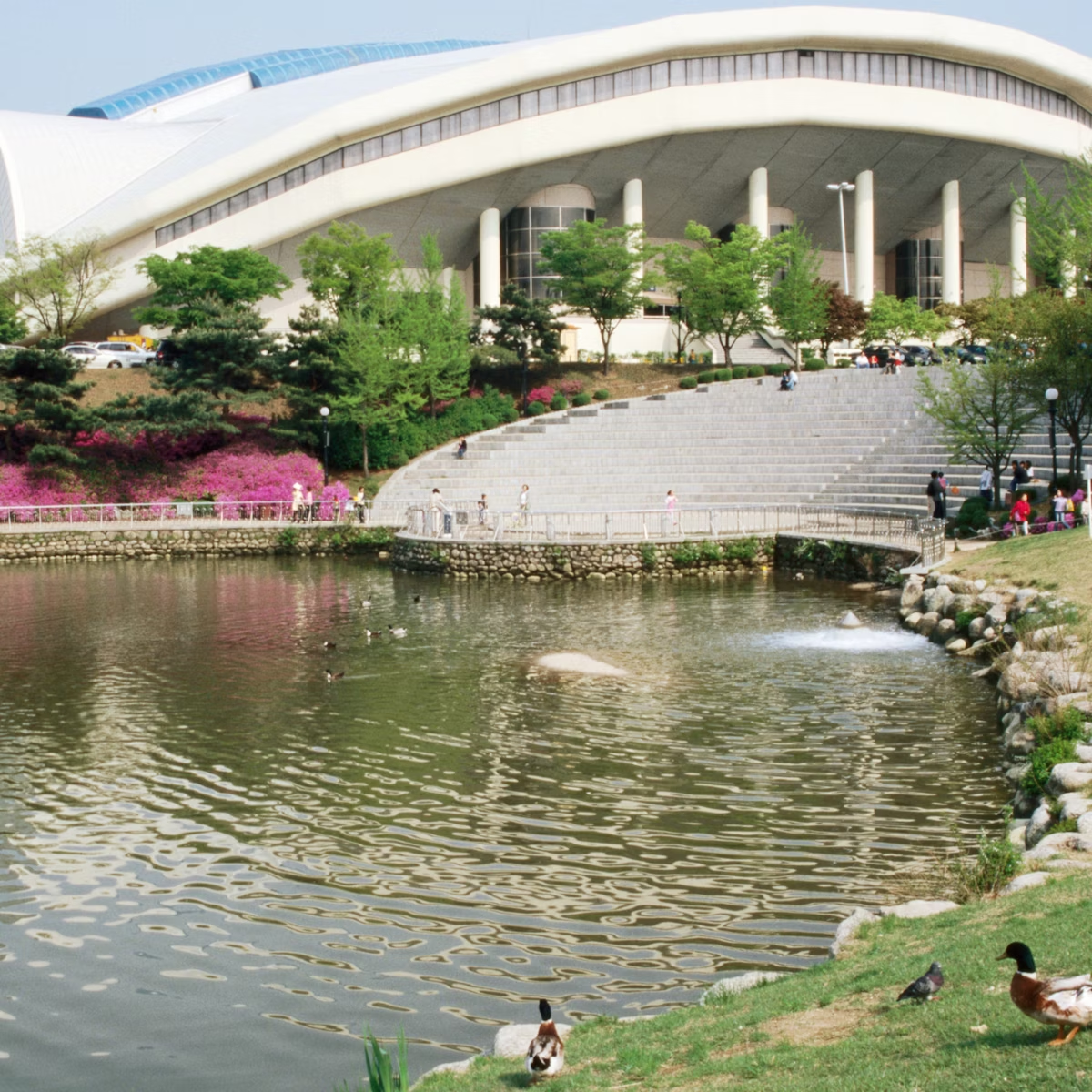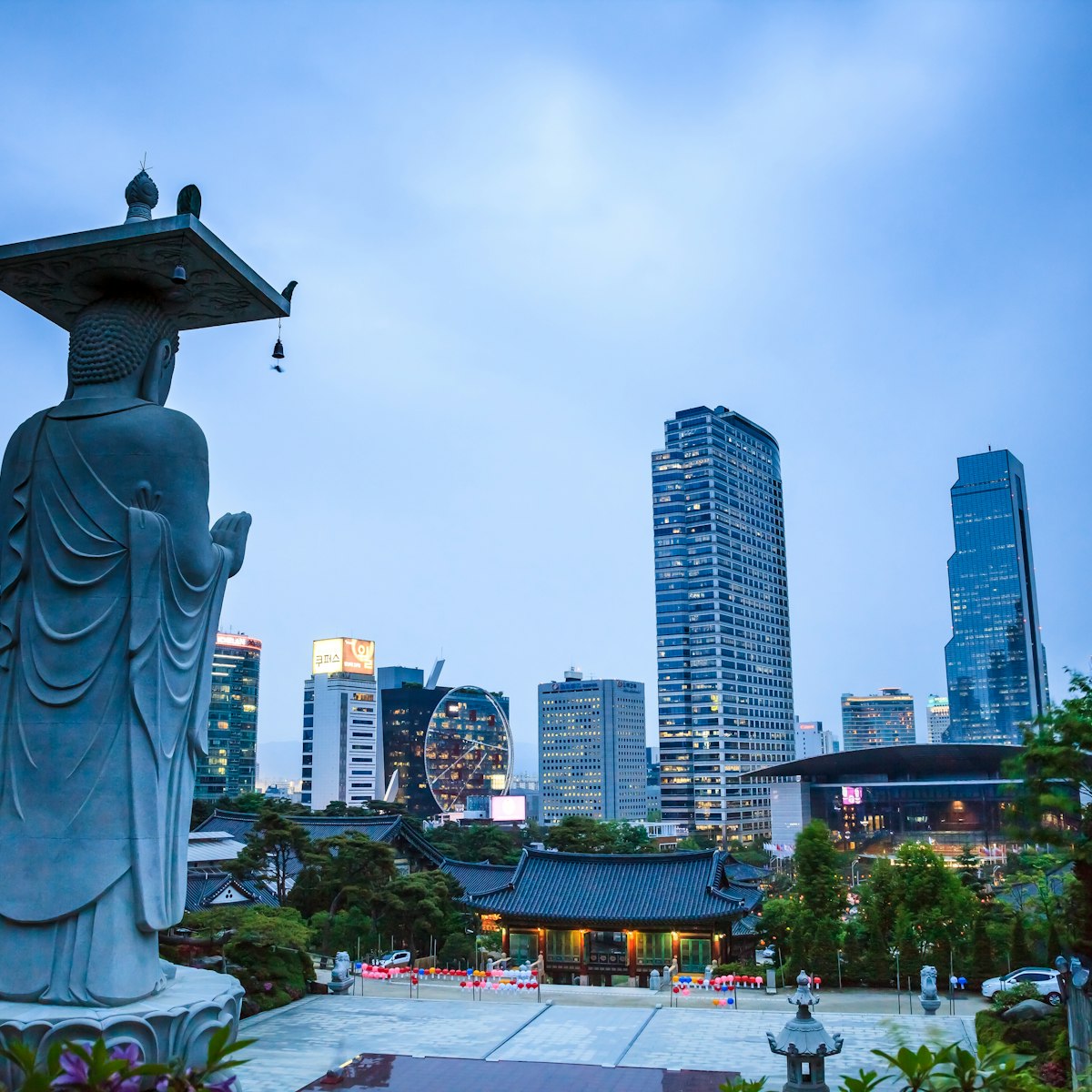Granite-peak-studded Bukhansan National Park's sweeping mountaintop vistas, maple leaves, rushing streams and remote temples draw over 5 million hikers and rock climbers annually. Even though the park covers nearly 80 sq km, it's so close to Seoul (45 minutes by subway) that it does get crowded, especially on weekends.
The park is divided into the Bukhan-san area in the south and Dobong-san area in the north, each featuring multiple scenic – but strenuous – hikes to mountain peaks. Bring plenty of water.
In the northern area a popular excursion is the hike up Dobong-san (740m), which climaxes with the spectacular ridgetop peak climb. Along the way be sure to take signed detours to visit atmospheric forested temples Cheonchuk-sa (천축사) on the way up and Mangwol-sa (망월사) upon descent – around a four-hour trek in total.
The southern part has South Korea's highest peak, Baegundae (836m), a 3½-hour return trip via the Bukhansanseong trail. For rock climbers, nearby Insu-bong (810m) has some of the best multi-pitch climbing in Asia and routes of all grades.
For Dobong-san, take subway Line 1 to Dobongsan station, a 15-minute walk from Dobong Park Information Centre, which has a basic hiking map in English. If you take the route down via Wondol-bong (recommended) you'll finish at Mangwolsa station.
Baegundae is accessed from Bukhansanseong or Jeongneung; both have information centres with maps. For Bukhansanseong take subway Line 3 to Gupabal station and then take bus 704. For Jeongneung take Line 4 to Gireum station and bus 110B or 143.








